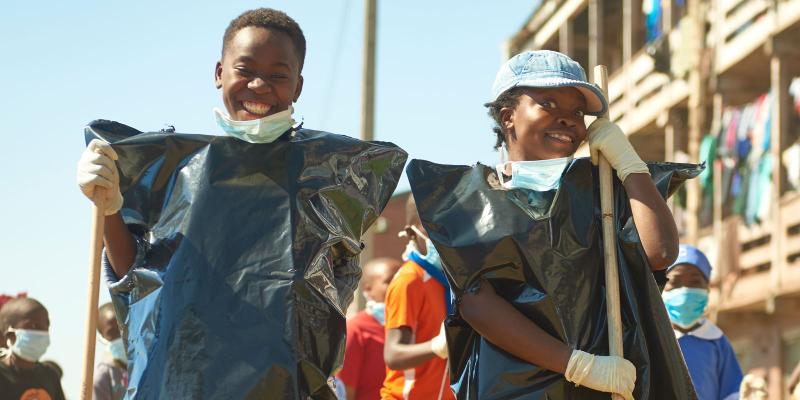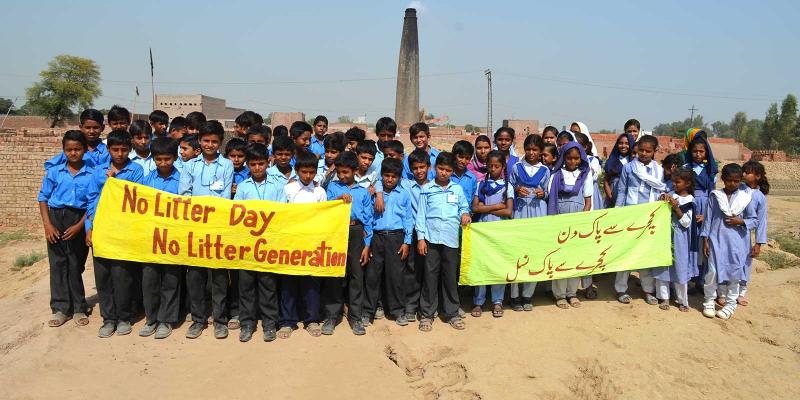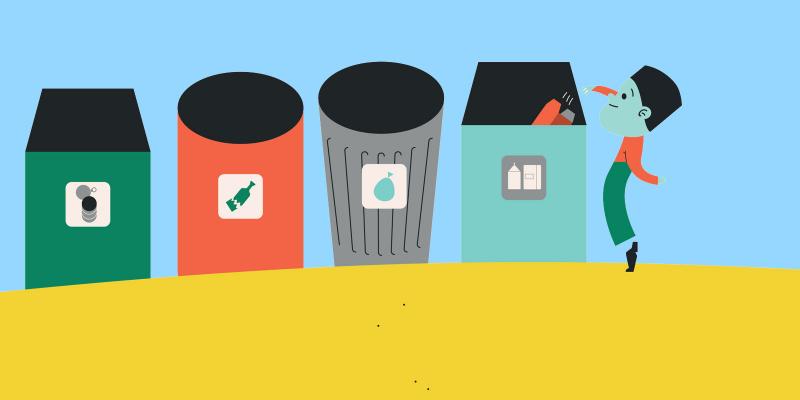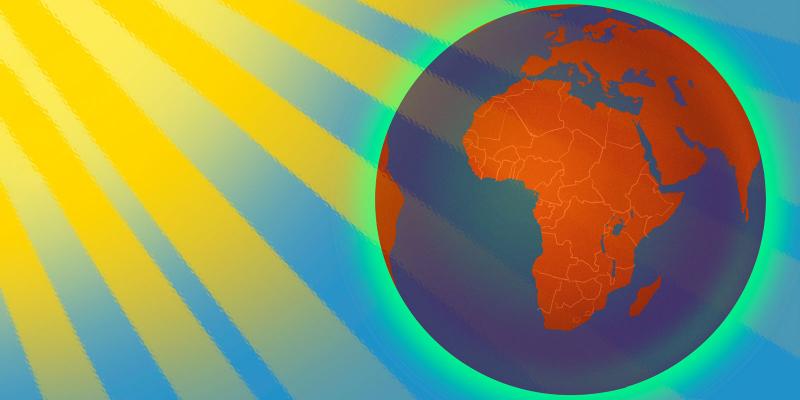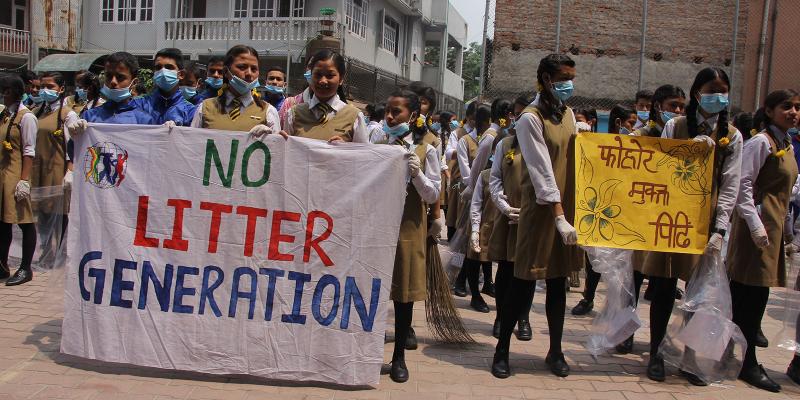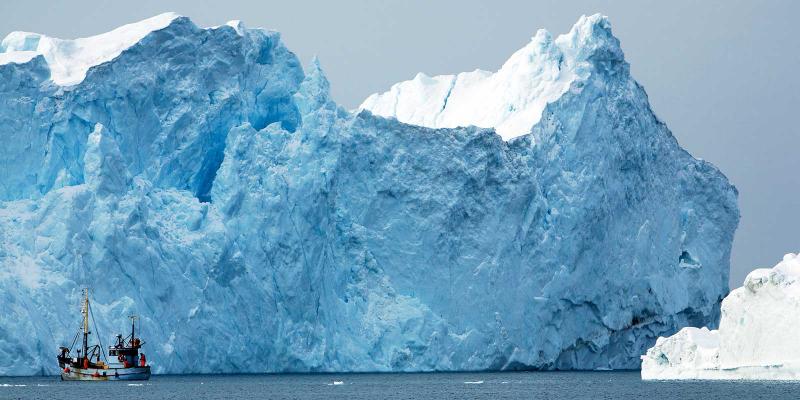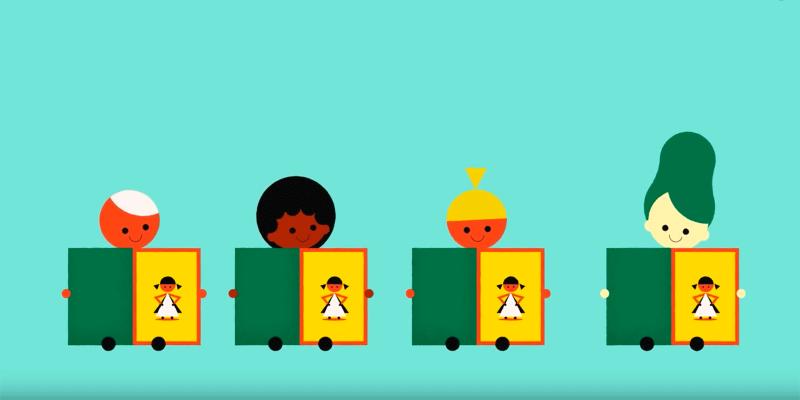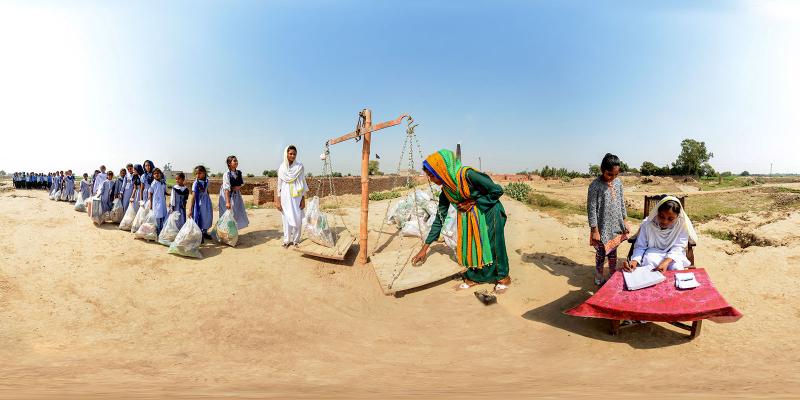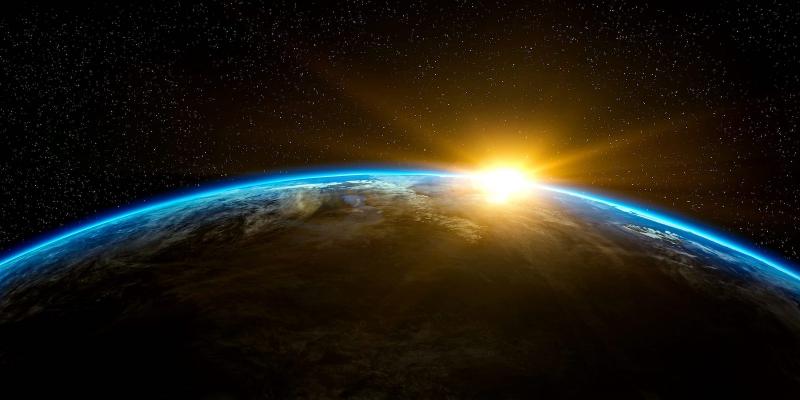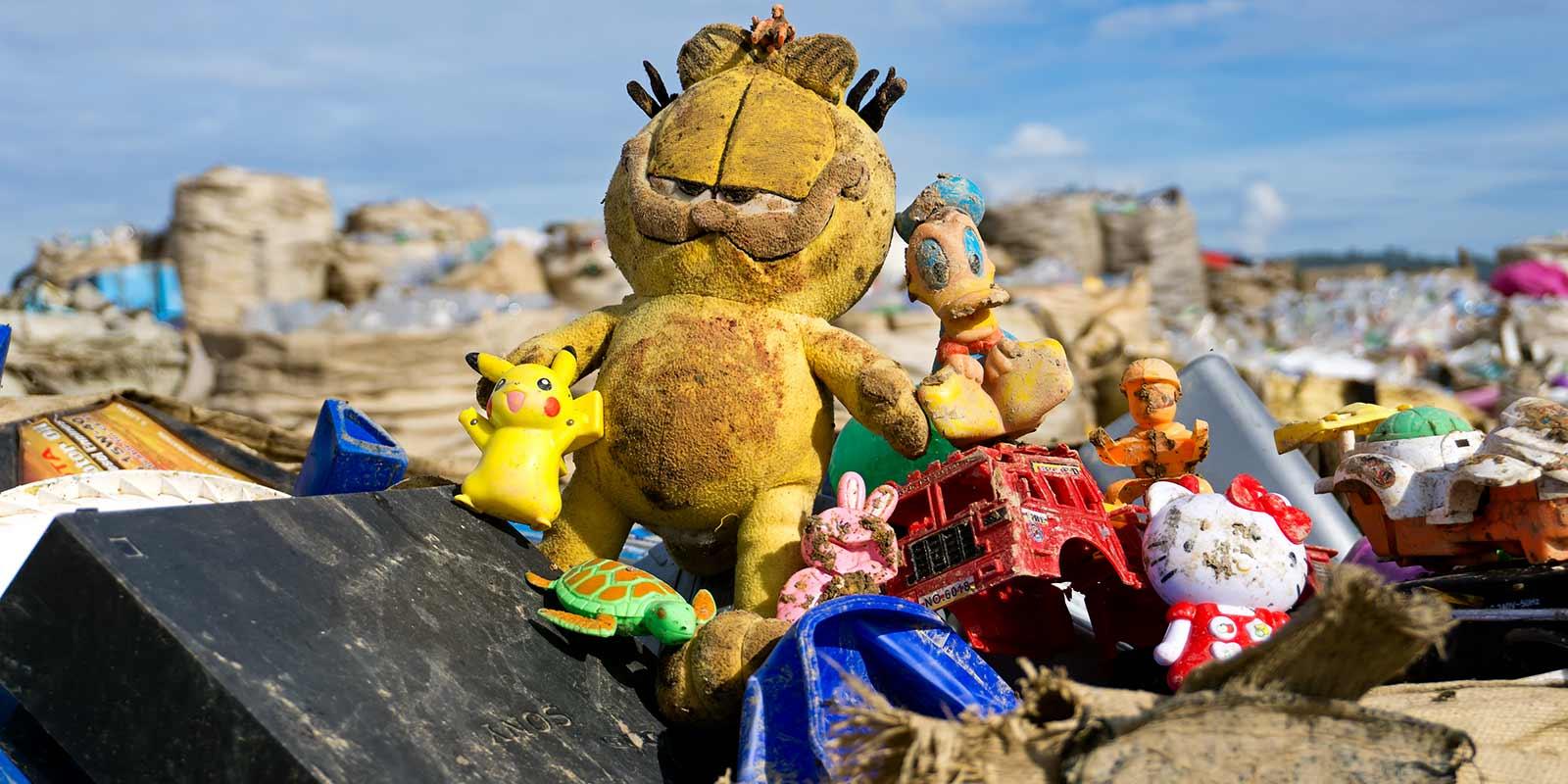
For the majority of human history, litter was not a big problem. Most of it was organic, food and kitchen waste, which decomposed and went back into the earth. Now it's different...
The problems began as cities grew in size and we gained practical new materials such as plastic. It was handy to be able to store food and other stuff in secure containers. However, this has generated much more waste on the planet that doesn’t break down by itself. Consequently, many countries have built up systems for handling litter. Many poor countries have invested money in other things. In addition, many rich countries, sometimes illegally, send much of their most hazardous waste off to poor countries. This includes car tyres made of toxic rubber and electrical waste made up of mobile phones and computers. But this is no longer an option. The mountains of waste are growing too quickly.
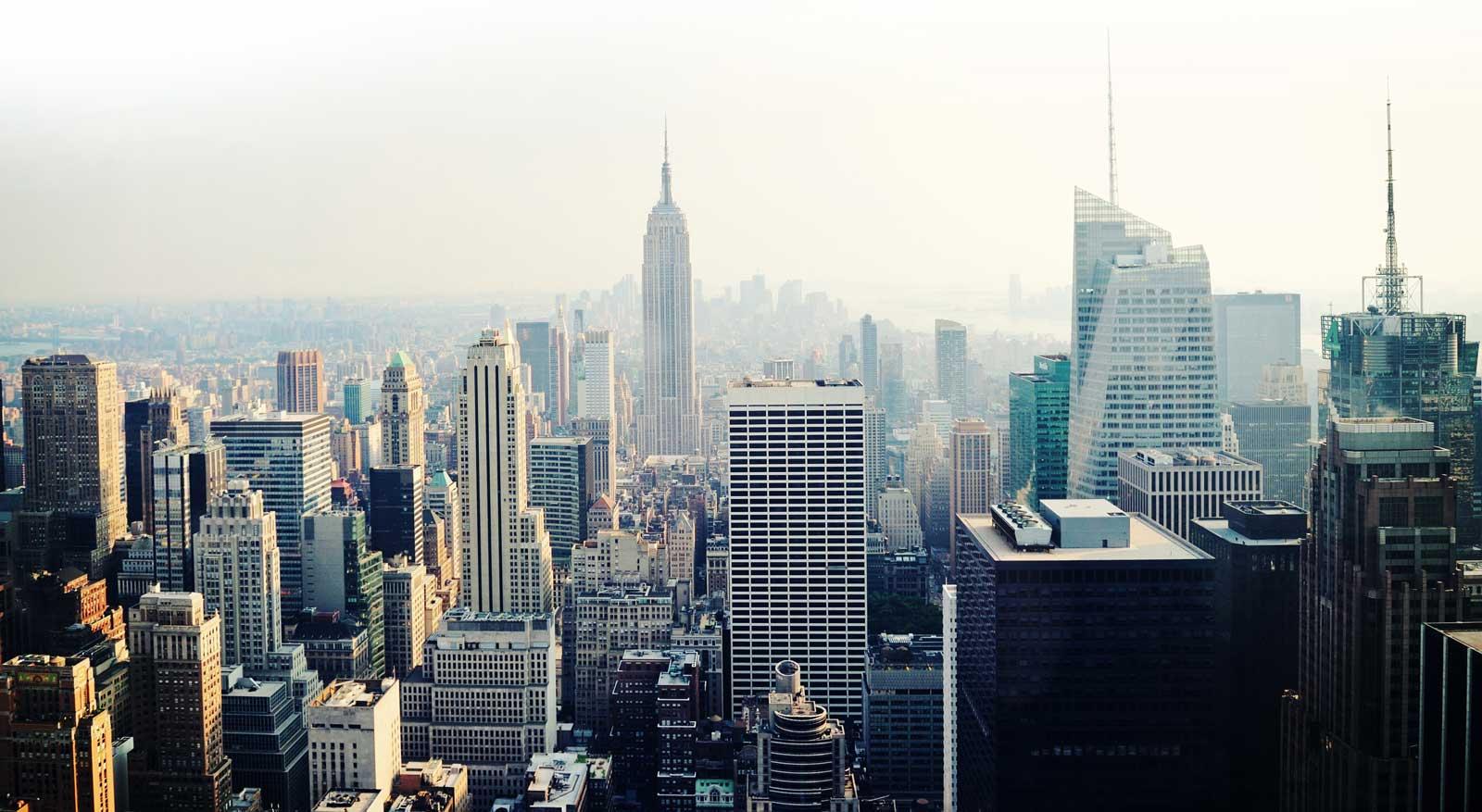
More wealth, more waste
The richer you are, particularly if you live in a city, the more waste and litter you create. The USA and Japan are among the countries that create the most waste, but they can afford to take care of it, so it is less visible on the streets than in poorer countries, which generate the very least waste. Waste collection systems are rare there and people throw their rubbish out on the streets. Disease is a common problem. But the situation could be even worse if not for the fact that one quarter of all the millions of tons of waste and litter created every day is collected by poor people who are garbage pickers.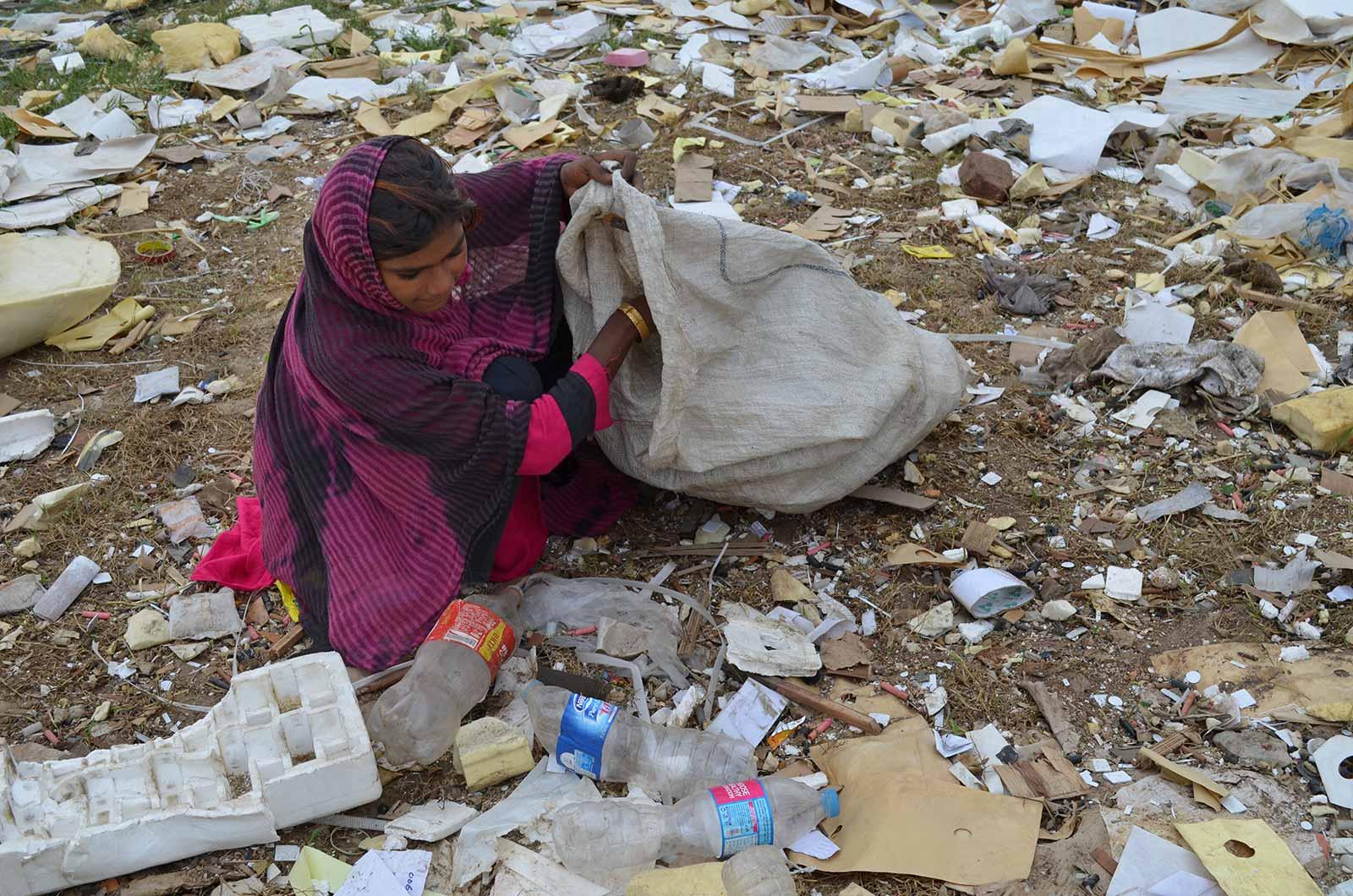
Sidra in Pakistan is one of roughly 15 million people around the world who pick garbage in order to survive.
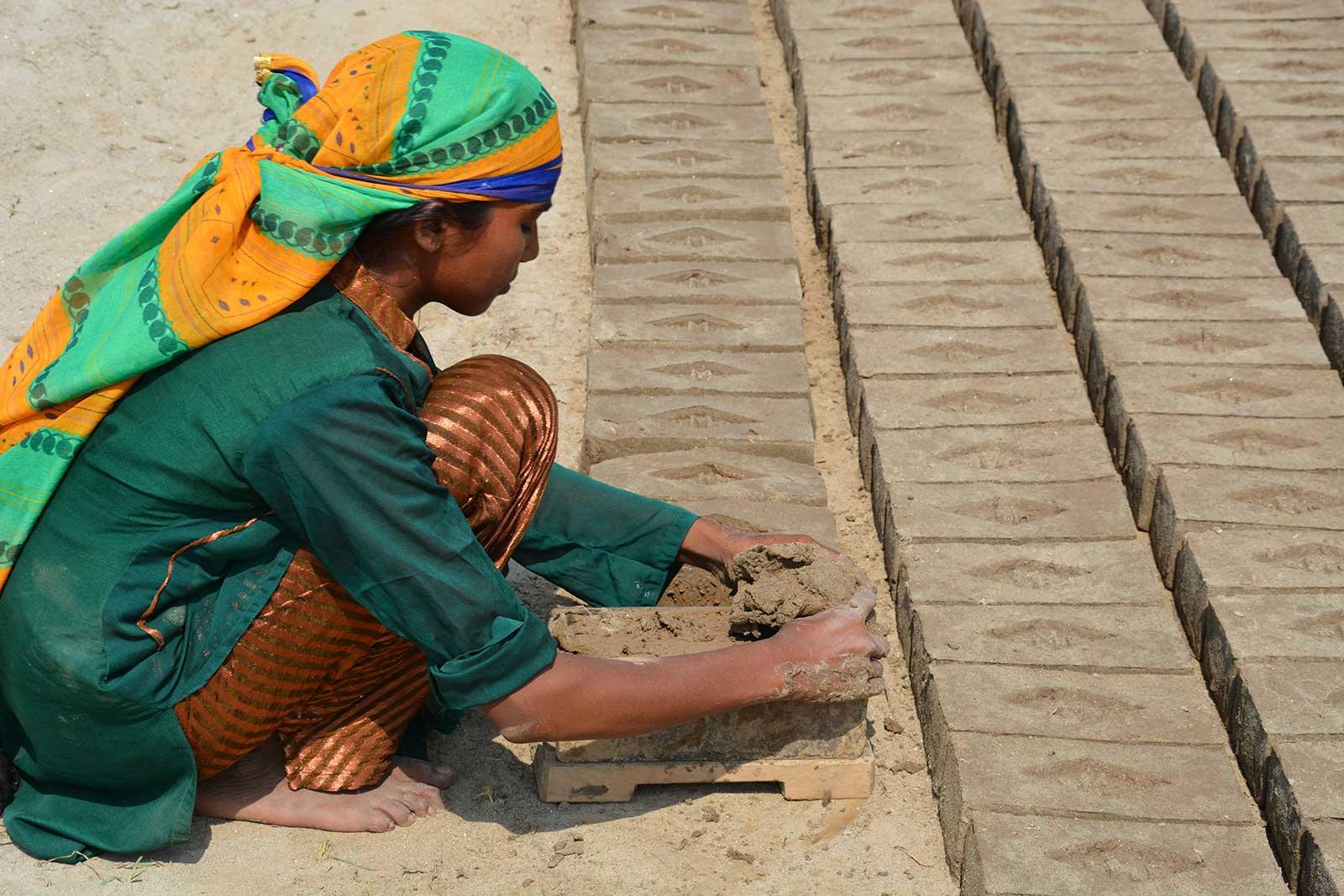
Nisha, who comes from a brick-worker family, is keen to be part of the No Litter Generation
Garbage pickers essential
Sidra in Pakistan is one of roughly 15 million people around the world who pick garbage in order to survive. She and Nisha, who comes from a brick-worker family, are both keen to be part of the No Litter Generation and take part in No Litter Day. They live in a country with no functioning waste management systems. People with money throw stuff away and the very poorest collect it, sort it and sell it or exchange it for things they need. Sidra’s family have been picking litter for generations and are experts at recycling and reuse. But it is a tough and hazardous job that pays very little money.Successful protests
It is unfair that some people keep generating litter, while others must pick litter just because they are poor. Keeping things clean and taking care of litter is an important job. Children should not have to work at all, they should be going to school. Garbage pickers throughout the world have now begun protesting, as in the Indian city of Pune. And the politicians have actually listened! They have promised to pay the garbage pickers, mostly women, for their work. The women started up a cleaning company and now they have salaries, good working conditions and protective clothing. They work shorter hours, but are paid more. But the best thing is that their children have stopped picking litter and now go to school instead.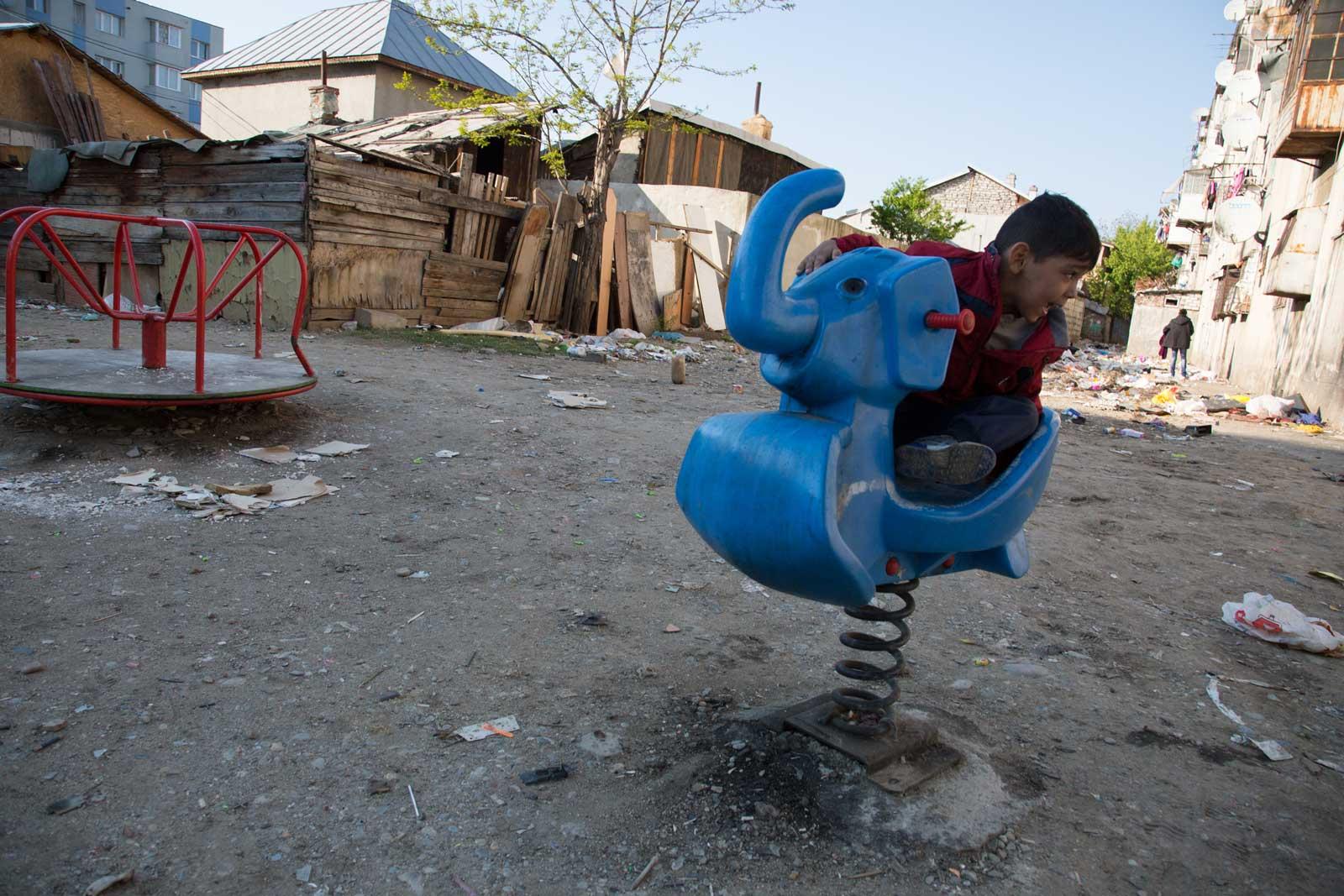
Helping one another
It is the responsibility of everyone to ensure that people everywhere, especially children, get to live in a safe and healthy environment. We can help one another to pick litter and spread knowledge about the environment. But world leaders must also keep their promise: to fight to achieve the UN’s Global Sustainable Development Goals by 2030 and eradicate extreme poverty, reduce inequality and injustice and resolve the climate crisis. Then children like Nisha and Sidra will be able to choose for themselves what work they want to do when they grow up.Related stories
Långgatan 13, 647 30, Mariefred, Sweden
Phone: +46-159-129 00 • info@worldschildrensprize.org
© 2020 World’s Children’s Prize Foundation. All rights reserved. WORLD'S CHILDREN'S PRIZE®, the Foundation's logo, WORLD'S CHILDREN'S PRIZE FOR THE RIGHTS OF THE CHILD®, WORLD'S CHILDREN'S PARLIAMENT®, WORLD'S CHILDREN'S OMBUDSMAN®, WORLD'S CHILDREN'S PRESS CONFERENCE® and YOU ME EQUAL RIGHTS are service marks of the Foundation.



